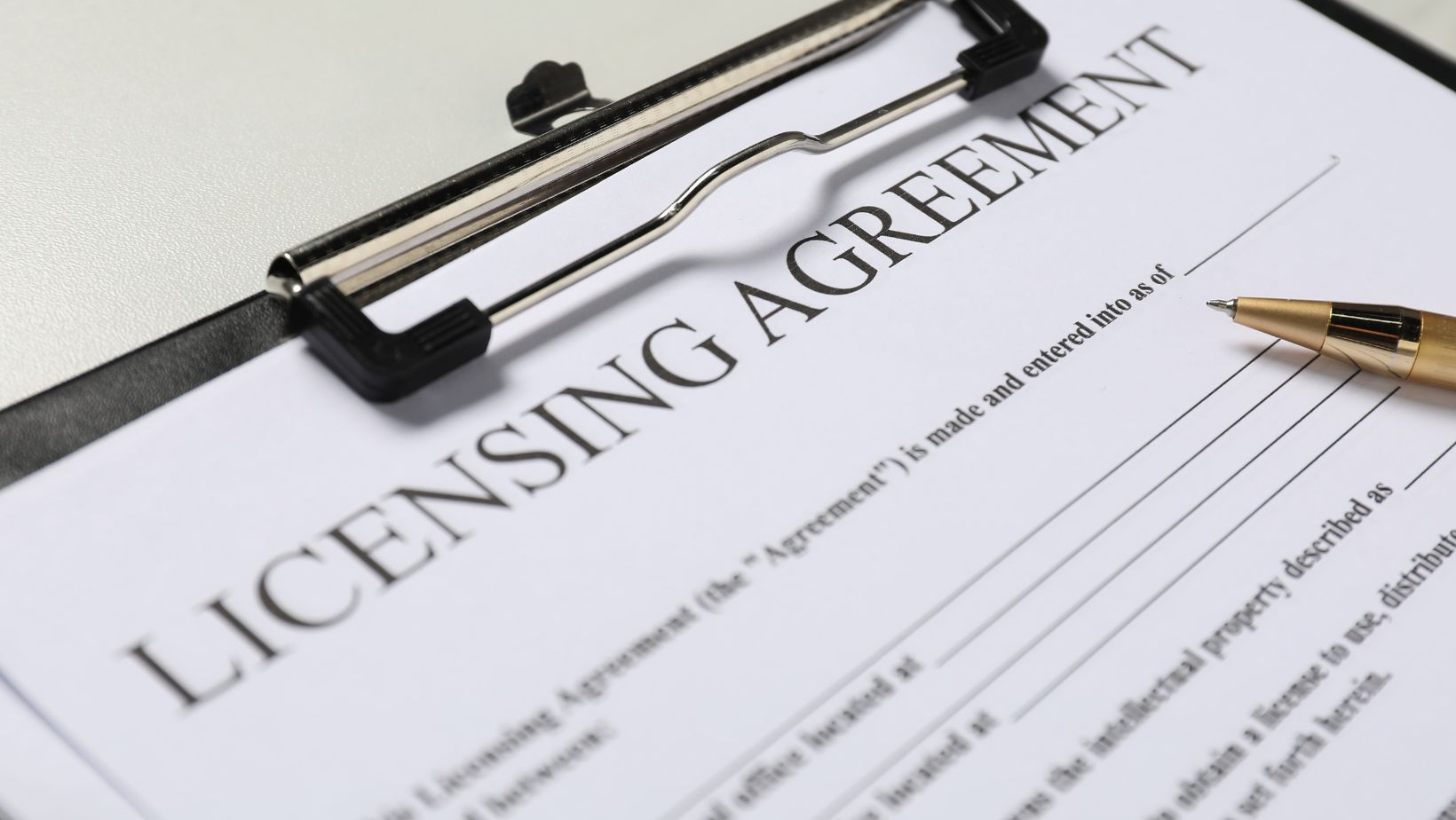
Pharmacists are not immune to an occupational journey that comes with its challenges. One of the biggest worries is the risk of losing their license. Most pharmacists are unprepared if a letter from the board arrives, causing sleepless nights as it puts their career at risk. However, knowing how to respond to a board inquiry properly can be the difference that matters. In this guide, we aim to offer simple and actionable tips for protecting pharmacists from boards when they check on them.
Understanding the Board’s Role
The role of the pharmacy board is to ensure professional standards. It monitors practice to ensure that it is in compliance with the rules and does not violate stricter regulations and ethics. Board contact with a pharmacist typically involves a practice review or investigation related to professional conduct or practice. Understanding the board’s role allows pharmacists to prepare accordingly for any interactions. It also helps to take steps in protecting your pharmacist license.
What to Do if You Receive a Notice
Getting a few of these notifications from the board can be traumatic. Still, you need to stay calm and systematic in your response. Step one is to read the notice carefully. Understanding the nature of the questions and any timelines involved is essential. It is better to collect your evidence and documents that could be in your favor in the case and showcase compliance.
Seeking Professional Guidance
That is where a lawyer specializing in pharmacy law can greatly assist. They can guide the process and help you formulate a clear answer. They can also represent the pharmacist at any hearings or meetings to preserve their rights.
Crafting Your Response
Clarity and honesty are the most critical aspects of the response to the board. The reply is expected to respond to every single point raised in the notice with necessary reasons and supporting evidence. Avoiding technical jargon ensures that the response is understood clearly. It is also important to remain polite and professional throughout.
Preparing for a Hearing
If a hearing is to be held, preparation is everything. Knowing the processes and what to anticipate will reduce your anxiety. Understand all of the evidence and documents that will be introduced. A legal advisor can also help you practice beforehand, giving you the required confidence.
Presenting Your Case
In a hearing, it is essential to get to the point and make a short, crisp case. Direct and honest responses to questions reflect professionalism and integrity. Communicate the facts of the case and what transpired objectively. If possible, take letters of reference from coworkers or superiors. Even if the hearings become heated, keeping cool is essential.
Learning From the Experience
Reflecting on what happened will help to gain some perspective. Awareness of weaknesses or things that could have been improved can reinforce future practice.
This is a chance to remind yourself of relevant rules and ethics, helping you to comply going forward.
Strengthening Professional Practice
In addition to answering the board, pharmacists can also be proactive in ensuring their license is protected. They can stay updated on any regulatory changes through continuing education and training. Maintaining clear communication lines and keeping a robust filing system can go a long way in avoiding misunderstandings and mistakes as well.
Building a Support Network
Having a support system of peers and mentors can help you get guidance and support when things get tough. Talking with others and learning from them can assist with professional development. Connecting with professional organizations can give you access to materials and provide avenues to continue growing.
To Sum Up
Protecting a pharmacist’s license requires preparation and diligence. When pharmacists know the role of the board and have a systematic approach to responding to inquiries, they can successfully respond to them. By showcasing a commitment to ethical practices and safety, they can ensure positive interactions with the board. All steps required are seeking professionals for help, preparing a clear message, and professionally presenting yourself at the hearings. Pharmacists can stay calm, prepared, and proactive to avoid losing their careers.

